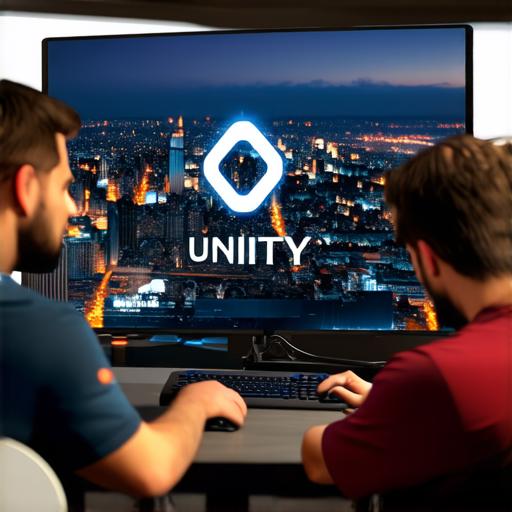Game development has become increasingly popular, with a large number of individuals and companies venturing into this field. Two of the most commonly used game engines are Unity and Unreal Engine. In this article, we will compare and contrast these two platforms to determine which one is more user-friendly for game developers.
Unity:
- Easy to use: Unity is a user-friendly platform with an intuitive interface that makes it easy for beginners to get started. It has a large library of pre-built assets, including textures, models, and animations, which can be used in games without any prior knowledge or experience.
- Cross-platform compatibility: Unity supports multiple platforms, including Windows, Mac, iOS, Android, and consoles. This means that developers can create games that can run on a wide range of devices, making it easy to reach a larger audience.
- Scripting language: Unity uses C as its scripting language. C is a popular programming language that is easy to learn and use, even for those with little or no prior experience in programming.

Unreal Engine:
- Advanced features: Unreal Engine is a powerful platform with advanced features such as dynamic lighting, physics, and AI. These features allow developers to create highly realistic and immersive games.
- Blueprint visual scripting: Unreal Engine uses blueprint visual scripting, which allows developers to create complex game logic without writing any code. This makes it easier for beginners to get started with game development.
- Open-source community: Unreal Engine has a large and active open-source community that provides free assets, plugins, and tools to help developers create games more efficiently.
Summary:
Both Unity and Unreal Engine are user-friendly platforms with their own unique features and strengths. Unity is an excellent choice for beginners due to its easy-to-use interface, cross-platform compatibility, and C scripting language. Unreal Engine is a better choice for experienced developers who want access to advanced features and the ability to create highly realistic games. Ultimately, the choice between these two platforms will depend on the specific needs and goals of each developer.


